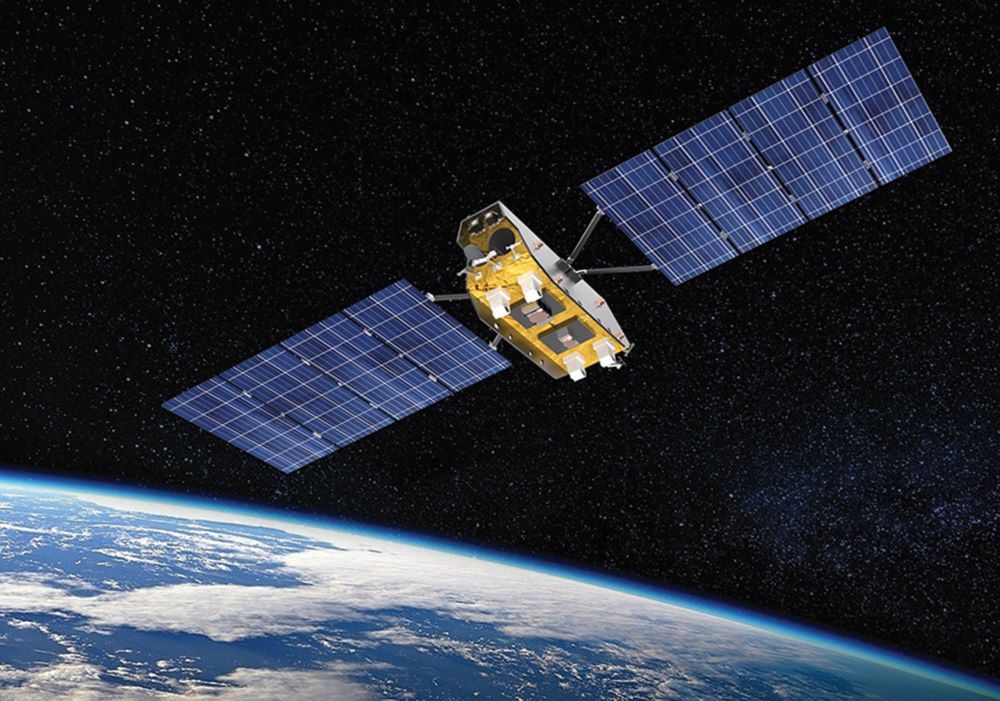TAMPA, Fla. — Telesat has secured government funds covering more than half the $3.5 billion cost of its proposed low Earth orbit (LEO) Lightspeed broadband constellation, the Canadian geostationary operator announced Sept. 13.
The combined 2.54 billion Canadian dollars ($1.9 billion) of funding from the governments of Canada and Quebec comprise a mixture of loans and warrants that can be exchanged for stakes in Lightspeed, a constellation of 198 satellites slated to begin launches in mid-2026.
The bulk of the funding, 2.14 billion Canadian dollars worth, comes from the federal government, which is getting warrants for 10% of Lightspeed in a deal valuing the constellation at $3 billion.
The government of Quebec is providing a 400 million Canadian dollar loan under similar terms, detailed earlier this year, and is getting warrants for 1.87% of Lightspeed.
Another 400 million Canadian dollars of funding for the constellation is coming from a vendor that Ottawa-based Telesat declined to disclose.
Telesat plans to use its own equity to cover the remaining cost for what CEO Dan Goldberg said is the largest space program in Canada’s history.
Canada-based MDA is preparing to start producing the 750-kilogram satellites in the coming months.
Commercial Lightspeed services from LEO are due in 2027, joining competitors Starlink, OneWeb and likely Amazon as the internet giant prepares to kick off Project Kuiper’s launch campaign this year.
Finalizing government funding for Lightspeed follows years of negotiations and delays for a project that was initially planned to be much larger, more expensive and built by Europe’s Thales Alenia Space before pandemic- disruption.
Telesat said it has increased its Canadian workforce by about a third in the past 12 months as it expects to spend as much as 1.4 billion Canadian dollars on the project this year.
“This is good news for our economy,” Quebec Premier François Legault said in a statement, “not only are we consolidating 650 existing jobs, but we are creating nearly 1000 paying jobs in a cutting-edge sector.”
MDA expansion
Separately, MDA announced Sept. 13 that construction has started on a 17,000-square-meter expansion to its satellite production facility in Sainte-Anne-de-Bellevue, Quebec, which would double the site’s manufacturing capacity.
The manufacturer said the expansion is needed to deliver up to two software-defined Aurora satellites daily for Lightspeed and other constellation companies.
Telesat is the anchor customer for Aurora, which uses a digital payload that can be reprogrammed in orbit.
MDA is also doing early work for an undisclosed party seeking to use Aurora for a mystery non-geostationary orbit constellation.
